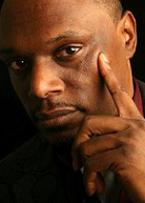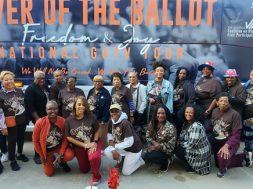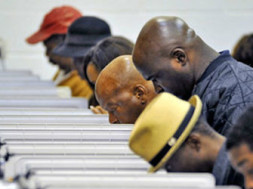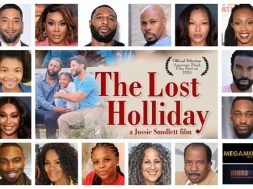
Founder of Black Men’s Xchange Issues Statement Regarding CNN’s Don Lemon

Washington, DC – “I’m being inundated with questions about Don Lemon’s recent announcement regarding his sexuality. The truth is, I have to question why I should be riveted or affected by this Don Lemon, “coming out” issue. Intuitively, I always assumed he was likely homosexual and I have to wonder about his purpose for coming out at this particular time.
In actuality, I don’t see why I should be occupied with his “coming out,” when I really don’t see its comparative benefit to society, particularly Black people. I’m just not moved by the announcement. I would be more impressed and attentive if he, in his position, “came out” on issues that would have an impact on the Black community.
Did Mr. Lemon “come out” as tired of how racist and biased CNN’s coverage of Black issues can be? Did Mr. Lemon “come out” about the fact that not one Black, not even Lemon, on CNN has a live talk show similar to Anderson Cooper or Larry King that addresses relevant cultural, political or community issues that directly affect Lemon’s community, Black or/and homosexual? Has he “come out” about how CNN seems to have mostly light-skinned Black folks (including him) who get to be perpetually on camera (usually reading a teleprompter, rarely off script, unless the topic is trivial or pop-controversial, i.e. the Eddie Long Scandal.) Has Mr. Lemon “come out” about how likely it is that his ‘on camera’ confession about having been molested – during the Eddie Long scandal – perpetuates the stigmatizing perspective that homosexuals are sexually traumatized heterosexuals who [simply] need psychological intervention? Has Mr. Lemon “come out” about how he may possibly be in his position at CNN because he is a light-skinned, homosexual Black man who is likely seen, by Whites, as less threatening than another type of Black man?
If Mr. Lemon “came out” about these things , I WOULD be riveted or impressed. That a predominantly White-media-acceptable homosexual Black man “comes out” is not particularly powerful from my perspective, though I do hope doing so is “freeing” and helpful to him.
His “coming out” does come on the heels of, and in relationship to release of his new book. Is he using his sexuality to sell books? Recent accusations of Malcolm X being homosexual or involved in homosexuality certainly helped to move Manning Marable’s book of off store shelves. That [Black] homosexuality is still seen as sensational, and may sell books does not impress me.
My final question is: What is the benefit of “Don Lemon’s” confession to society, specifically other Black or Black same-gender-loving (SGL) people? I don’t see any, so, why should I be moved or focused on this issue?
Just asking.”
About Cleo Manago
Cleo Manago is a noted “social architect” and essayist, a behavioral health strategist and founder of AmASSI National Health and Cultural Centers.
Last June, Manago was invited to the White House by the Obama administration to contribute to a planning discussion on Black men’s health. And during a time when non-profits are shutting down and losing funding, he has successfully secured financial resources for three of his longtime programs; Manago’s study, entitled Critical Thinking and Cultural Affirmation (CTCA), his Los Angeles-based AmASSI Centers for Wellness, Education and Culture (http://www.amassigroup.com/), and Black Men’s Xchange (BMX) (http://www.bmxnational.com).
In addition, Manago’s short film, “HIV Healing in Young Black America: Getting the Language Right,” which examines the rarely addressed relationship between Black self-concept, culture, sexuality, masculinity and the capacity to protect the community from HIV and self-destruction can be viewed on Facebook on a page referenced by the same name and on YouTube.com.







